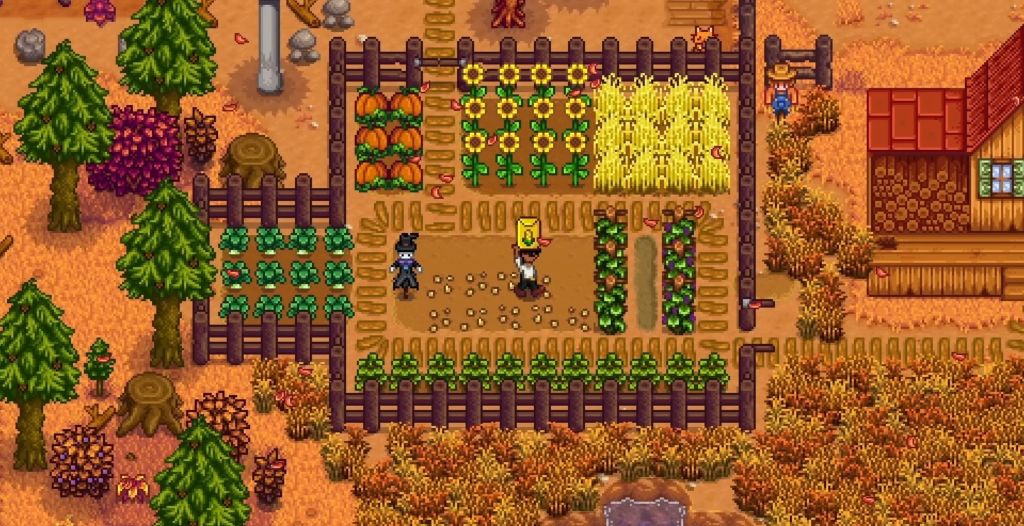The first time I heard about cuffing season was from a girl I was seeing in first-year university. She told me she didn’t want anything serious, because she didn’t want to get “caught up in cuffing season like a basic bitch.” I obliged, and we permanently parted ways over a plate of peanut curry chicken at a Thai restaurant the next week.
To me, the idea of cuffing season—a concept in which people get locked into relationships during the winter months to stave off loneliness, only to dump their victim when it gets warm out—has always seemed like a sensible concept taken too far. Like, sure, in colder climates, it makes practical sense: you’re going to be indoors more, and are therefore going to be meeting people less. Why not have a reliable fuck buddy/someone who can give you regular emotional buffing until it gets warm enough to hit the clubs again?
Videos by VICE
But it also reeks of being a fable for fuckboys and party girls to add meaning to meaninglessness—a hyperbolic and self-deprecating meme, opposite to that of being “forever alone,” so that the drama of a spring breakup can be fuel for Instagram captions in the summer to come. Besides, as bad as my generation may be with monogamous dating, the concept of people being caught in a seasonal cycle of fucking like rabbits during the summer, only to enter mini-marriages for the winter, is too depressing of an idea for me to invest in.
One of the main things immediately suspect about Cuffing SZN is that it pretty much appeared out of thin air. On the internet, it’s widely agreed that the first mainstream publication of the term was on Urban Dictionary (UD) in 2011 (an endlessly-useful database of slang and made-up words that are input by people who are usually cripped off the gas.)
“During the Fall and Winter months people who would normally rather be single or promiscuous find themselves along with the rest of the world desiring to be “Cuffed” or tied down by a serious relationship. The cold weather and prolonged indoor activity causes singles to become lonely and desperate to be cuffed,” the entry reads.
Since then, hundreds of think pieces and a handful of songs have been written about the subject (“Told these hoes I’ll call back in June,” Fabulous eloquently rapped in 2013), but they usually dodge the core question: is cuffing season an evolutionary trait of humans trying to find a mate for the cold winter months, or is it a product of social influence—one brought on by decades of holiday movies and ads romanticizing the idea of being with your OTL during the winter?
Michelle Couto, a Toronto psychotherapist, told me Friday that—contrary to my own belief—cuffing season is undoubtedly a legitimate term, and not just something invented as a trend.
“It is a real thing that people oftentimes feel lonelier during this time of year,” Couto said, noting the increase in social pressure around the holiday time to be in a relationship (IE. when your grandparents ask you if have a girlfriend for the 50th time).
“There’s no human mating seasons [like other mammals,] whereas women—we’re fertile all year long. If there was a mating season, you could call it cuffing season—more people are lonely in the colder weather, and more people want to mate consistently.”
Despite years of studies looking at loneliness in colder climates and the trend of more babies being born in July, August, and October (nine months from November, December, and January), maybe the most truthful catalysts for surveying the modern dating climate are porn sites and dating apps—may. Data from these services does indeed show a correlation between winter months and increased usage.
Last year, VOGUE reported that dating app Hinge surveyed 1,000 users and found men to be 15 percent more likely to want a relationship during the winter, and women 5 percent more likely. In the warmer months, those numbers dipped by double digits. Similarly, usage of Hinge in general spiked massively during the Juno snow storm that swept New York City and New Jersey in 2015—rising 47 percent during the day of the storm, and 27 percent as the storm rolled in.
On PornHub, searches for “boyfriend” and “girlfriend” porn spiked 92 percent from June 21 to December 6 of this year, according to data provided to VICE. Similarly, searches for “cuddle” and “couple” videos rose 9 and 11 percent respectively. It’s not clear if other categories experienced as much growth.
What Couto says all of this boils down to is a need to feel loved, and a lack of options people have for mates in the winter. In the summertime, Couto says it’s less likely for people stay in relationships they don’t fully feel invested in for the simple fact that everyone wants the most compatible match—which is why people tend to date and fuck so much when it’s warm out.
With all of this in mind, Couto says the idea of getting cuffed is a decision that shouldn’t be taken lightly.
“You have to be honest with your intentions—it’s not good to commit to a relationship you know in your heat is going to be temporary,” she says. “First off, it’s not very nice to do that to someone, but you’re also introducing some potential problems. Drama, I guess you would say, and not talking about that upfront with [your partner] is likely going to create tension.”
“It’s ultimately up to you. If you’re ready to deal with the fallout, then go for it, get cuffed [for the season], but it’s probably not a healthy undertaking.”
More
From VICE
-

Screenshot: ConcernedApe -

Photo by Christian Filardo -

Collage by VICE
